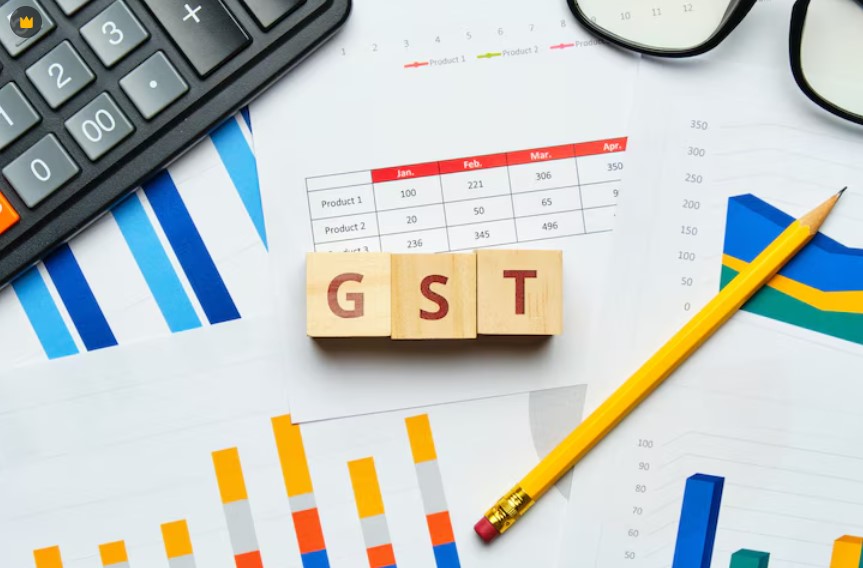
There’s a fresh call to overhaul Australia’s Goods and Services Tax (GST) system by increasing the rate from 10% to 15%, while simultaneously removing current exemptions such as those for fresh food, private education and health services. This proposal comes from independent MP Kate Chaney and economist Richard Holden.
To ensure that low-income Australians are not unduly burdened by the change, the proposal includes a universal “basics rebate” of $3,300 per year for every adult. This aims to effectively make the first $22,000 of annual spending GST-free for each person.
According to modelling by the Parliamentary Budget Office (PBO), this reform would still leave the lowest 60% of income earners better off compared to the current system, even before any cuts to income tax that could be enabled by the extra revenue.
Financially, raising the GST and expanding its base would generate substantial revenue. The proposal is estimated to boost the federal budget by about A$23.8 billion in 2026-27.
Chaney frames the proposed change as necessary to correct “intergenerational inequity” in Australia’s tax system. She argues that younger generations are facing a growing burden from rising public spending (especially tied to an aging population), growing debt, inflation, and “bracket creep,” which pushes people into higher tax brackets because of inflation rather than real increases in income.
Supporters, including Holden, say that such a reform would allow the government to reduce income tax rates and index them (so they automatically adjust for inflation) while maintaining fiscal sustainability.
Not everyone is on board. The Greens, for example, have criticised parts of the plan—especially increasing GST on necessities like food and utilities—arguing these are regressive and hit lower-income households hardest.
The political leadership is cautious. Treasurer Jim Chalmers has expressed scepticism, and Prime Minister Anthony Albanese has largely dismissed the plan. Meanwhile, Chaney and others see the upcoming economic reform roundtable as a potential moment to push through more ambitious tax reform.